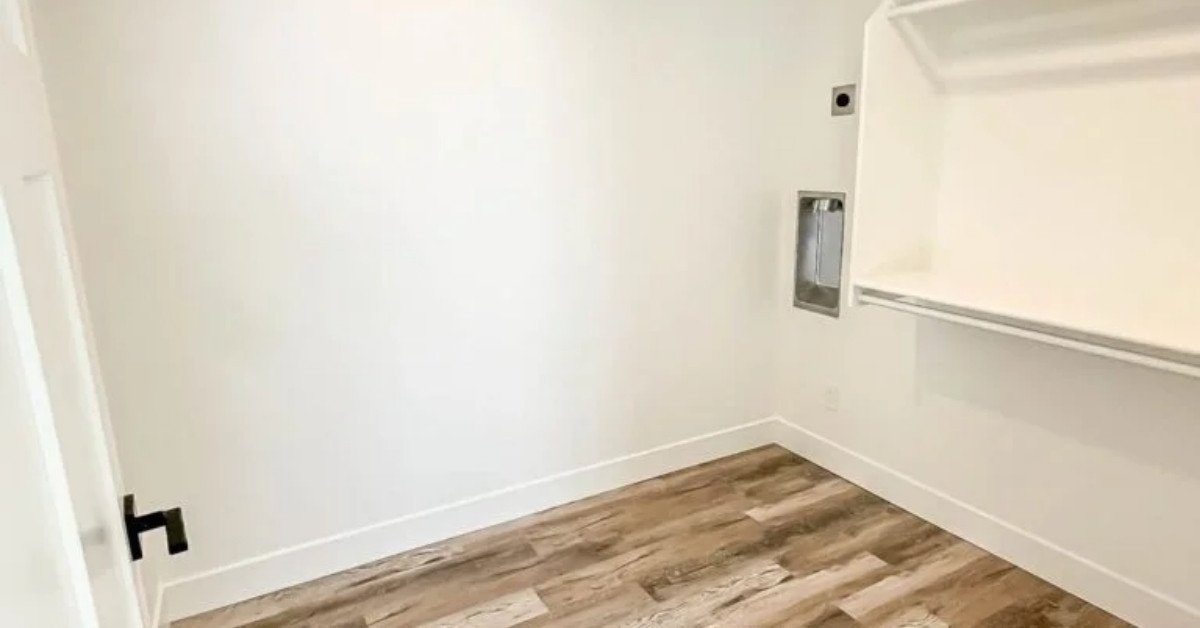When it comes to the quality of your basement, one key theme that needs to be considered is keeping moisture out. Water naturally flows to the lowest available point, and because the basement serves as this point in every home that has one, issues of water and water damage are of slightly higher risk in this area.
At Creative Construction Solutions, we’re happy to assist you with this and many other themes during any of our basement remodeling, basement finishing or other basement services. One common question we get from clients in this area: Does a basement need to be waterproofed fully before it can be finished? Let’s look at some of the simple and more detailed answers to that question, including situations where waterproofing should indeed be something you closely consider before finishing a basement.
Is Waterproofing Necessary Before Finishing?
While we wish we could just give you a single, simple answer here and leave it at that, the reality is that the answer to this question is: It depends. There are definitely some situations where waterproofing should be a top priority before you start finishing your basement, while in other cases it may not be as crucial (or even necessary at all).
One important note here: When we talk about waterproofing, we’re talking about both the exterior and interior of your basement. Water can enter through cracks or holes in the foundation from the outside, or it can come from pipes, leaks or condensation on the inside.
Exterior waterproofing is usually a bigger concern for new construction, while interior waterproofing may be more of an issue in older homes. If you’re unsure whether your home needs exterior waterproofing or not, we recommend checking with a professional to get their opinion.
When Waterproofing Is a Must
There are certain situations where, at least for the vast majority of clients, carrying out some level of waterproofing ahead of any basement finishing will be prudent. These include:
- Presence of existing leak: If you’re already aware of a specific water leak in the basement, even if it’s only a seasonal or occasional issue, waterproofing should be a priority before you move forward with finishing. Simply put, it’s just a lot easier to handle this sort of thing before there’s a lot of new construction to work around.
- When standing water is present: In more severe cases, you may actually have standing water in your basement on a regular basis. Obviously, this is a serious issue that needs to be addressed before any further work is done.
- Major past basement moisture issues: If your basement has dealt with serious moisture issues in the past, it’s best to err on the side of caution and waterproof as much as possible before starting any new construction.
- High humidity levels: Even if there’s no actual water present, very high humidity levels can still cause serious issues like mold or mildew. If you’re noticing musty odors or condensation on a regular basis, it’s worth investigating further and potentially waterproofing before continuing.
- Proximity to ground water: If your home is located in an area with high groundwater tables or is at risk for flooding, waterproofing should be given serious consideration. In these cases, even if you don’t have any existing leaks, the basement may be more susceptible to future moisture issues.
- Basement wall moisture issues: In some situations, you may notice that the walls of your basement are already moist, even without any obvious leaks present. If this is the case, waterproofing can help to mitigate these issues and make your basement a healthier, more comfortable space.
- Waterproofing for peace of mind: In some cases, you may not have any specific evidence of water leaks or moisture damage in the basement. However, if you’re simply worried about these issues or want to be extra cautious, waterproofing can give you some much-needed peace of mind.
When Waterproofing May Not Be Necessary
In other cases, there may not be much of a requirement for waterproofing before you finish your basement. While no one is saying you can’t waterproof the area in these situations — and as we noted above, some people choose to do so even if it’s not strictly necessary — it may not be as crucial in these cases. These include:
- No evidence of leaks or moisture: If you’ve been keeping an eye on your basement and haven’t noticed any evidence of leaks or moisture, the chances are good that waterproofing won’t be a top priority.
- Low humidity levels: In contrast to the high humidity levels that can cause serious moisture problems, low humidity is actually a good thing when it comes to your basement. If you live in a dry climate or have been using a dehumidifier with good results, the risks are lower and waterproofing may not be as crucial.
- Up-to-date plumbing: One common source of basement leaks is old or faulty plumbing. If you’ve recently had your plumbing updated or are confident that it’s in good condition, this can help to reduce the risks of future leaks.
- Proactive gutter maintenance: Another common issue that leads to basement moisture is water seeping in through the foundation due to poor gutter maintenance. If you keep your gutters clean and in good condition, this can help to reduce the risks of future leaks.
In the end, there’s no one-size-fits-all answer when it comes to waterproofing your basement before finishing. The best course of action is to assess the specific risks in your situation and make a decision based on that. If you’re still not sure, it’s always a good idea to consult with a professional to get their expert opinion.
For more on this, or to learn about any of our other services, speak to the experts at Creative Construction Solutions today.


